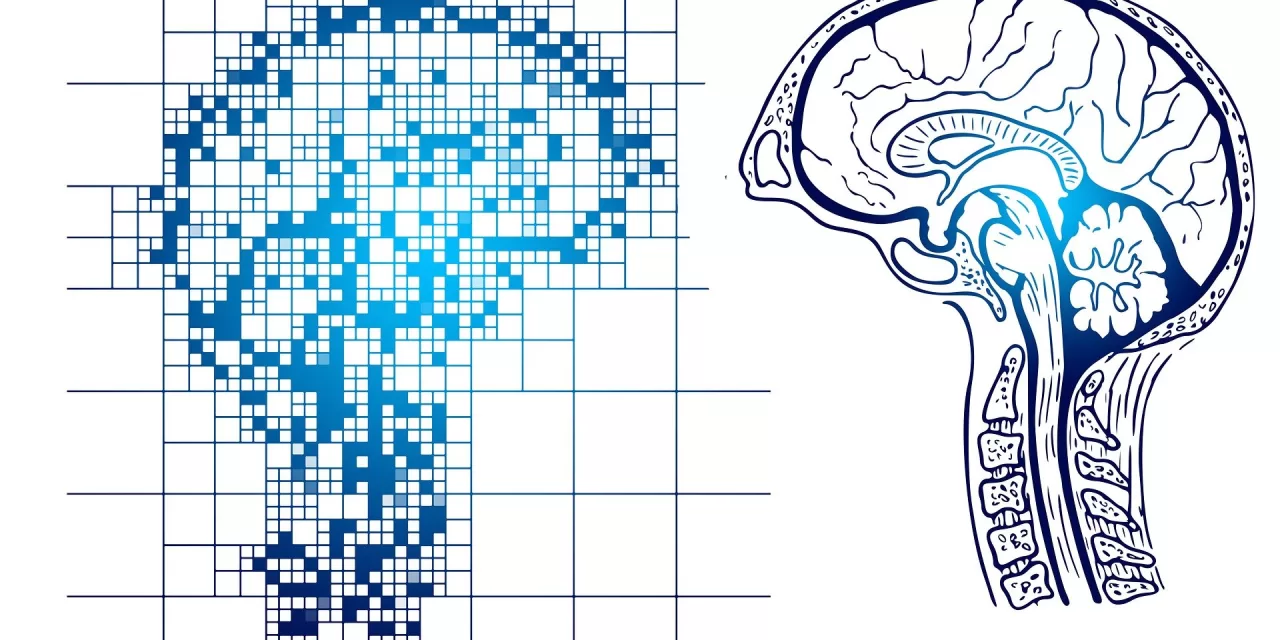January 4, 2025 – Scientists have uncovered a promising breakthrough in the battle against neurodegenerative diseases, including Alzheimer’s. A new study reveals a nucleolar complex that plays a crucial role in maintaining protein homeostasis (proteostasis), offering a powerful new strategy to combat the toxic protein accumulation that leads to diseases like Alzheimer’s.
By targeting and suppressing a specific nucleolar complex, researchers have demonstrated the ability to significantly reduce the toxic effects of Alzheimer’s-related proteins, enhancing the cell’s ability to naturally degrade hazardous proteins. This discovery could open the door to new therapies that may slow or even prevent the onset of neurodegenerative conditions, offering hope for a future of healthy aging.
As we age, the delicate balance of proteostasis—the system that ensures proteins are correctly folded and functional—begins to falter. This breakdown results in the accumulation of misfolded or damaged proteins, which can aggregate and cause cell dysfunction, a hallmark of diseases like Alzheimer’s.
The groundbreaking research, led by Prof. Ehud Cohen and graduate student Huadong Zhu from the Department of Biochemistry and Molecular Biology at Hebrew University’s Institute for Medical Research Israel–Canada (IMRIC), in collaboration with Dr. Yonatan Tzur of the Alexander Silberman Institute of Life Science, identifies a nucleolar complex called FIB-1-NOL-56 as central in regulating proteostasis at both the cellular and organismal levels.
The team found that by suppressing this complex, they could reduce the toxic effects of Alzheimer’s-associated Aβ peptide and other disease-related proteins in model organisms. This breakthrough not only deepens our understanding of the cellular processes that maintain protein integrity but also suggests potential therapeutic interventions that could delay or prevent the progression of neurodegenerative diseases.
“Our findings go beyond the lab bench,” explained Prof. Cohen. “Neurodegenerative diseases affect millions of people worldwide, impacting families and caregivers. By uncovering how cells communicate to maintain protein integrity, we’re opening the door to the development of preventive therapeutic approaches that could delay disease onset and significantly improve the quality of life for the elderly.”
The implications of this discovery are far-reaching. Neurodegenerative diseases like Alzheimer’s affect nearly every family, causing immense physical, emotional, and financial strain. If these conditions can be delayed or prevented, millions of people could benefit from prolonged periods of health and independence, reducing the burden on both individuals and caregivers.
As researchers continue to explore how to translate these findings into viable treatments, the potential to revolutionize care for the aging population grows ever clearer. With further investigation, this approach could lead to a future where aging no longer means inevitable neurodegeneration.
This research, published in Nature Cell Biology, opens a new chapter in the fight against neurodegenerative diseases, offering renewed hope for a world where healthy aging is a reality for all.
Source: A nucleolar mechanism suppresses organismal proteostasis by modulating TGF-β/ERK signaling, Nature Cell Biology (2025). DOI: 10.1038/s41556-024-01564-y











